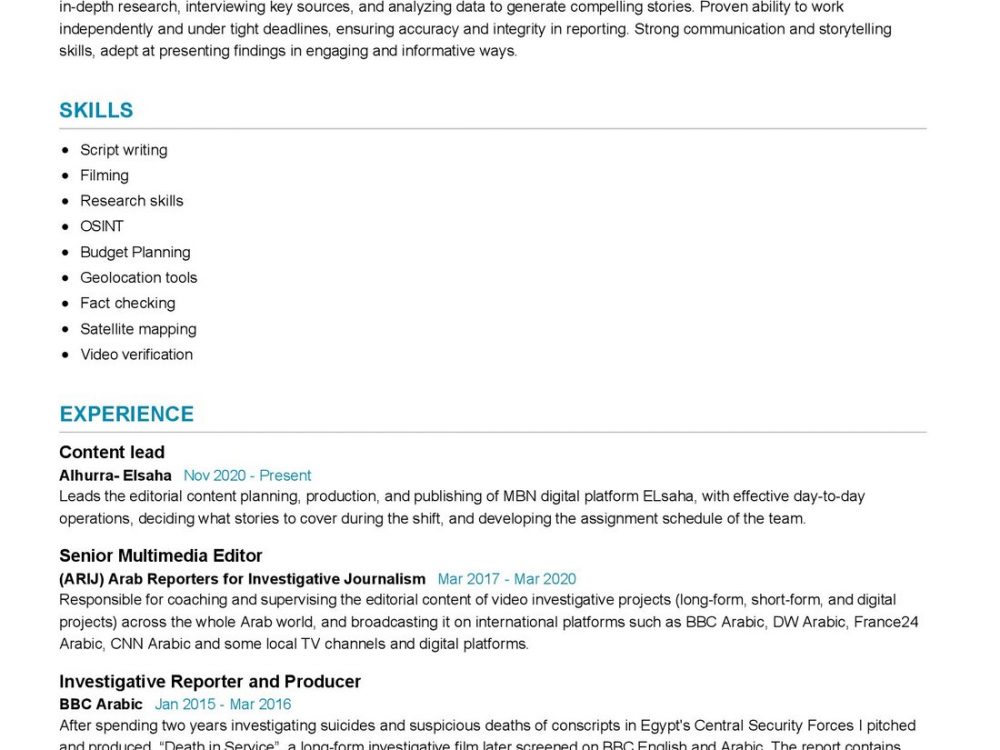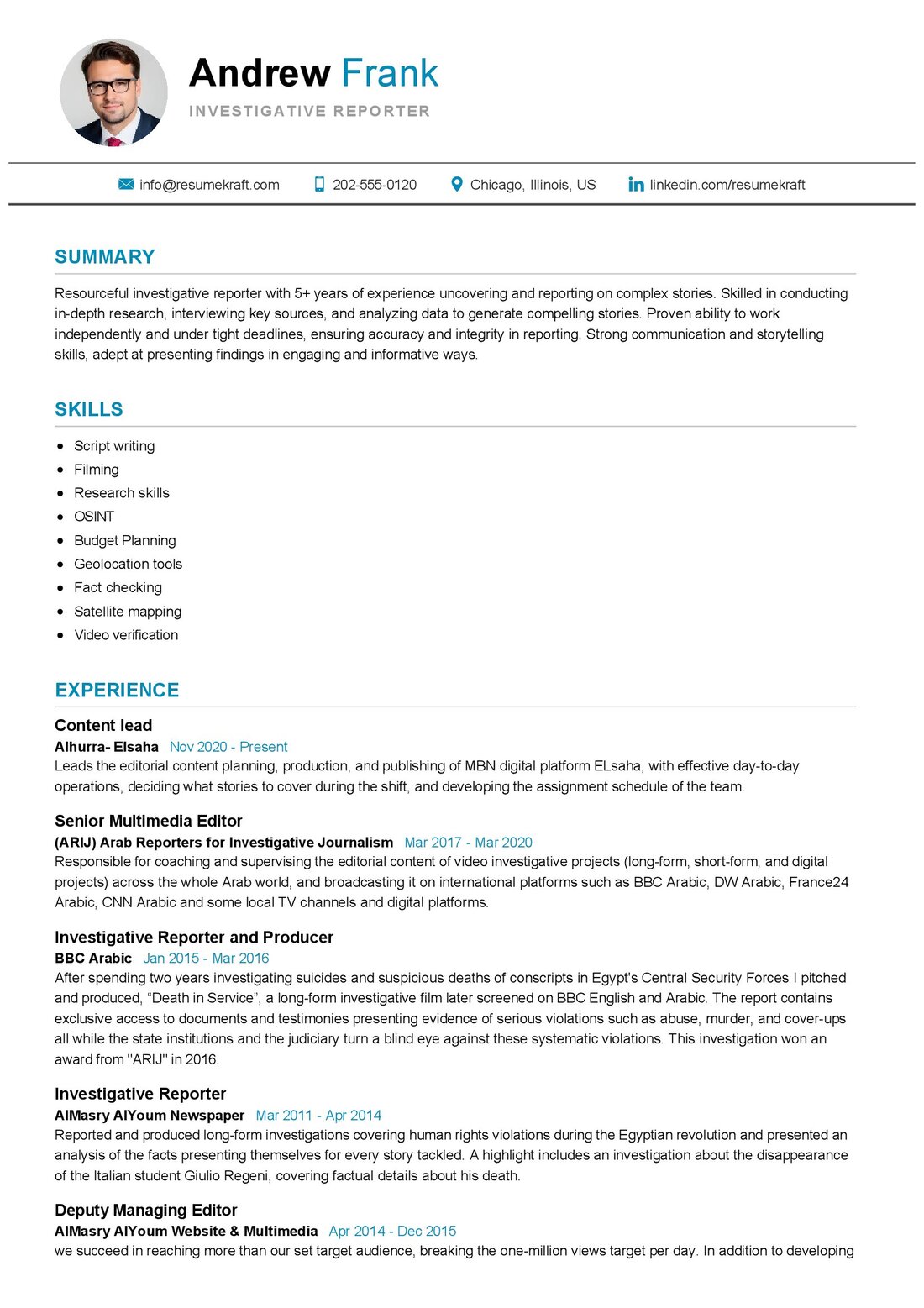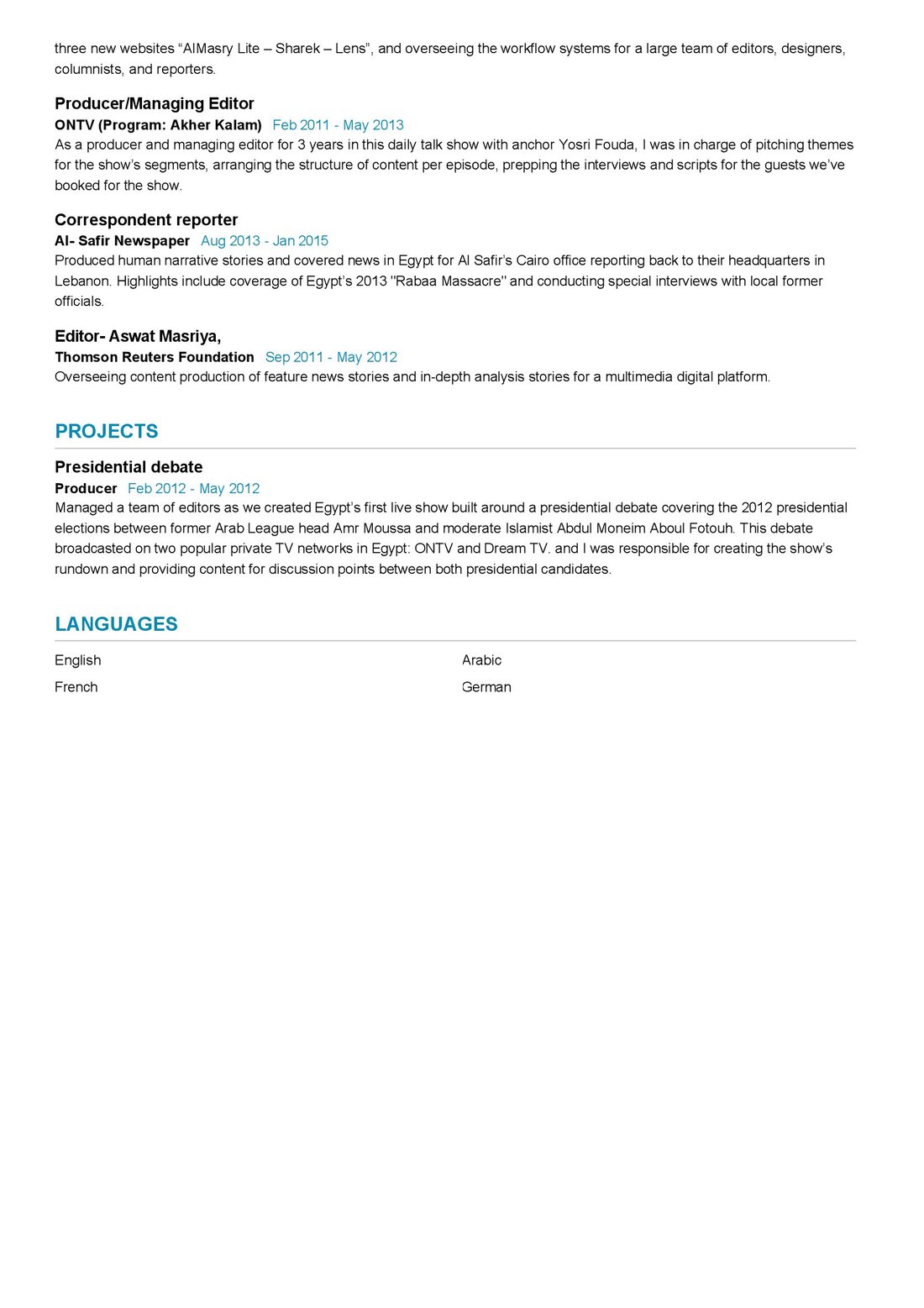What is the Role of an Investigative Reporter?
The world of journalism is vast and varied, but among its many facets, the role of an investigative reporter stands out as one of the most challenging and rewarding. These are the journalists who dig deep, often working behind the scenes to uncover truths that might otherwise remain hidden from the public eye. Let’s delve deeper into this intriguing profession.
An investigative reporter is tasked with researching and writing stories that uncover corruption, wrongdoing, and other societal issues. They often spend months or even years on a single story, gathering evidence, interviewing sources, and piecing together complex narratives. Their work can lead to significant societal change, from policy reforms to public awareness on critical issues. They are the watchdogs of society, ensuring transparency, accountability, and justice.
What are the Investigative Reporter Job Requirements?
Being an investigative reporter is not just about having a nose for news. It requires a unique set of skills and qualifications. Here’s what’s typically expected:
- A Bachelor’s degree in Journalism, Communications, or a related field.
- Strong research skills and the ability to analyze vast amounts of information.
- Excellent writing and storytelling abilities.
- Perseverance and patience to follow long leads and work on extended stories.
- High ethical standards and integrity.
- Ability to build and maintain confidential sources.
- Understanding of media law and ethics.
Additional courses or certifications in investigative journalism can give an edge in this competitive field.
What are the Responsibilities of an Investigative Reporter?
The role of an investigative reporter is multifaceted, with each assignment bringing its own set of challenges and responsibilities. Here’s a snapshot of what their day-to-day might entail:
- Identifying and researching potential story ideas, often ones that are overlooked or avoided by others.
- Conducting in-depth interviews with sources, often under the promise of confidentiality.
- Reviewing documents, data, and other materials to gather evidence and support findings.
- Collaborating with editors, photographers, and other team members to shape the story.
- Ensuring all findings are accurate, fair, and adhere to journalistic standards.
- Staying updated with current events, trends, and developments in the field of investigative journalism.
It’s a role that demands dedication, resilience, and a relentless pursuit of the truth.
Investigative Reporter Resume Writing Tips
When crafting a resume for an investigative reporter position, it’s crucial to highlight not just your skills but also the impact of your work. Here are some pointers to guide you:
- Showcase specific stories or projects you’ve worked on, emphasizing the outcomes or changes that resulted from your reporting.
- Highlight any awards or recognitions received for your investigative work.
- Detail your research methodologies and any unique approaches you’ve employed in your investigations.
- Include any training or workshops attended that are relevant to investigative journalism.
- Emphasize soft skills like perseverance, critical thinking, and attention to detail.
Your resume should paint a picture of a dedicated journalist committed to unveiling the truth, no matter the obstacles.
Investigative Reporter Resume Summary Examples
Your resume summary serves as a brief introduction to your career, highlighting your expertise and accomplishments. Here are some examples tailored for investigative reporters:
- “Award-winning investigative reporter with a decade of experience in uncovering political corruption, known for in-depth research and compelling storytelling.”
- “Dedicated investigative journalist with a track record of exposing corporate malpractices, backed by strong data analysis and source-building skills.”
- “Investigative reporter specializing in environmental issues, with impactful stories leading to policy changes and public awareness campaigns.”
Each summary should encapsulate your passion, expertise, and the value you bring to the newsroom.
Create a Strong Experience Section for Your Investigative Reporter Resume
Your experience section is where you detail your journalistic journey, highlighting key stories and accomplishments. Here are some examples to inspire you:
- “Led a year-long investigation into city council corruption, resulting in three resignations and a city-wide audit.”
- “Exposed hazardous working conditions in local factories, leading to safety reforms and worker compensation.”
- “Collaborated with a team to investigate public school funding discrepancies, resulting in increased state funding and policy changes.”
Each entry should showcase your investigative prowess and the tangible impact of your work.
Sample Education Section for
Your Investigative Reporter Resume
While hands-on experience is invaluable, your educational background provides a foundation for your career. Here’s how you might structure this section:
- B.A. in Journalism, Columbia University, 2015
- Certification in Investigative Journalism, Poynter Institute, 2017
- Workshop on Data Journalism, ProPublica, 2018
Investigative Reporter Skills for Your Resume
Being an investigative reporter requires a mix of hard and soft skills. Here’s a breakdown:
Soft Skills:
- Perseverance
- Critical thinking
- Attention to detail
- Empathy
- Integrity
Hard Skills:
- Data analysis
- Source building
- Document review
- Interview techniques
- Legal research
Most Common Mistakes to Avoid When Writing an Investigative Reporter Resume
While your resume should highlight your strengths, it’s equally important to avoid common pitfalls. Here are some to watch out for:
- Being too vague about your investigations and their outcomes.
- Overloading your resume with industry jargon.
- Not tailoring your resume to the specific position or news outlet.
- Ignoring the importance of a well-crafted cover letter.
- Forgetting to proofread, leading to typos or factual errors.
Key Takeaways for Your Investigative Reporter Resume
As you craft your resume, remember to:
- Emphasize the impact and outcomes of your investigations.
- Highlight any awards, recognitions, or special training relevant to investigative journalism.
- Showcase both your soft skills (like perseverance) and hard skills (like data analysis).
- Ensure your resume is tailored to the specific role or news outlet you’re applying to.
With the right approach, your resume can be a powerful tool in showcasing your skills, experience, and passion for investigative journalism. Remember, every story you’ve uncovered and every truth you’ve brought to light is a testament to your dedication to the craft.
Finally, as you embark on your job search, don’t forget to utilize the plethora of resources available at AI Resume Builder, Resume Design, Resume Samples, Resume Examples, Resume Skills, Resume Help, Resume Synonyms, and Job Responsibilities. These tools can help you craft a standout application and prepare for the Investigative Reporter job interview.
With your skills, experience, and the right resources at your fingertips, you’re well on your way to uncovering your next big story. Best wishes on your journalistic journey!



